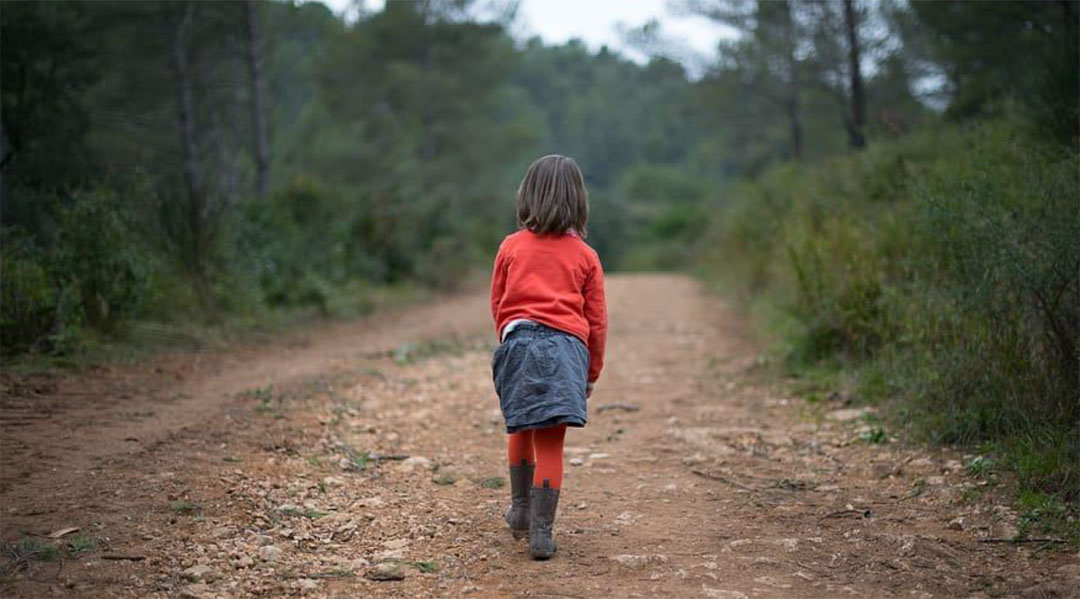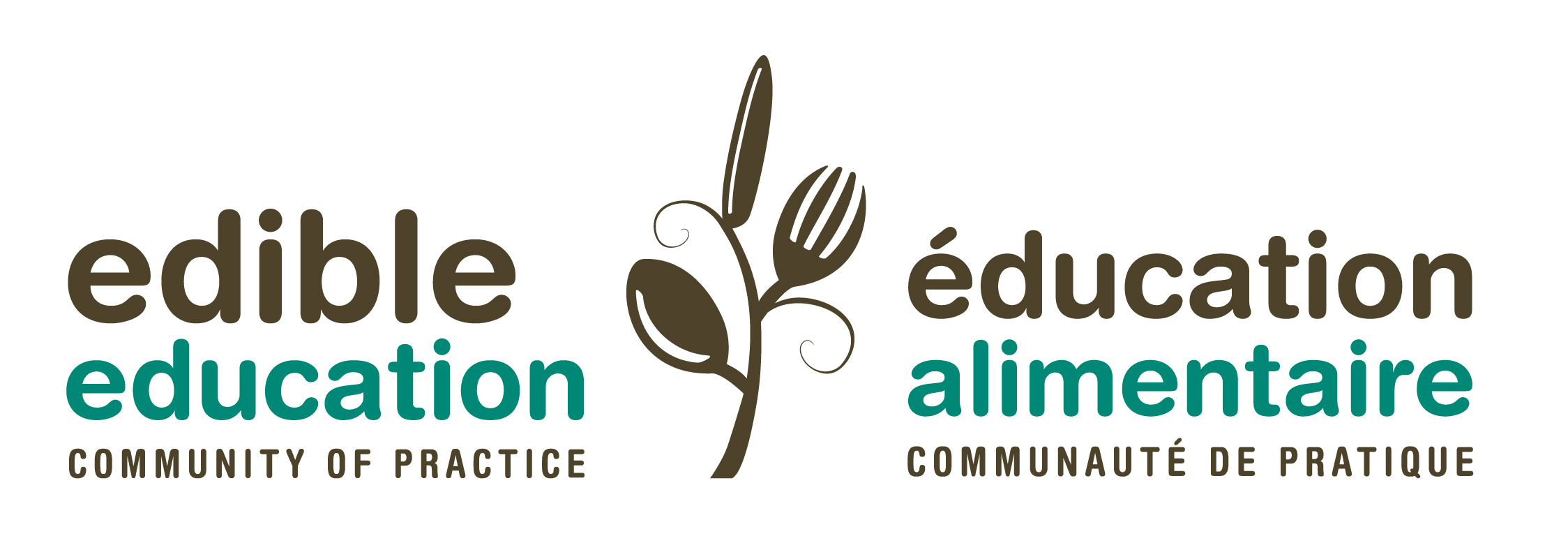
On May 24, 2022, the Edible Education Community of Practice hosted the last meeting of the 2021/2022 school year on the theme of land-based learning. In November, we recorded a conversation with three educators, and heard about their land-based learning practices. In March, we heard from two educators about how to incorporate Indigenous plants into teaching gardens. We are wrapping up the school year by learning how to deepen our outdoor education by infusing Indigenous knowledge into our practices.
Dr. Gillian Judson (imaginED) and Megan Sandham introduced a new resource for imaginative, place-centered and Indigenous education, called “Walking Forward: Learning from Place”. This resource applies an Indigenous lens to The Walking Curriculum (TWC), reframing the first 30 walks in TWC in ways that connect to the nine First Peoples’ Principles of Learning in the BC curriculum.
From The Walking Curriculum to Walking Forward
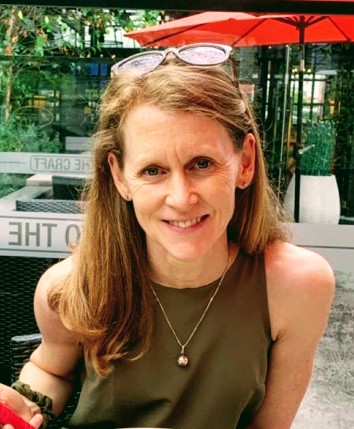
Dr. Gillian Judson is an Assistant Professor in the Faculty of Education at Simon Fraser University. Her scholarship looks at imagination’s role in leadership and (eco)learning. She also directed the ImagineED Blog. She is the author of The Walking Curriculum and uses imagination to engage learners with the land based on an Imaginative Ecological Education approach.
Gillian began to work with Heidi Wood, an Indigenous Education Curriculum Coordinator with the Delta School District #37 and a long time participant with the Network of Inquiry and Indigenous Education (NOIIE), to explore how the walks in TWC could be reframed in a way that could teach Indigenous ways of knowing. Along with 14 educators, 7 schools, 175 youth learners, they did a series of workshops to investigate imaginative and ecological practices together. They together developed the Walking Forward: Learning from Place.
Three tools are interwoven in the Walking Forward resource: the First Peoples’ Principles of Learning (FPPL), the Spiral of Inquiry and Imaginative Ecological Education. Each walk includes personal reflections from teachers, connections to the FPPL, and questions to ask learners.
Educator Highlight: Megan Sandham
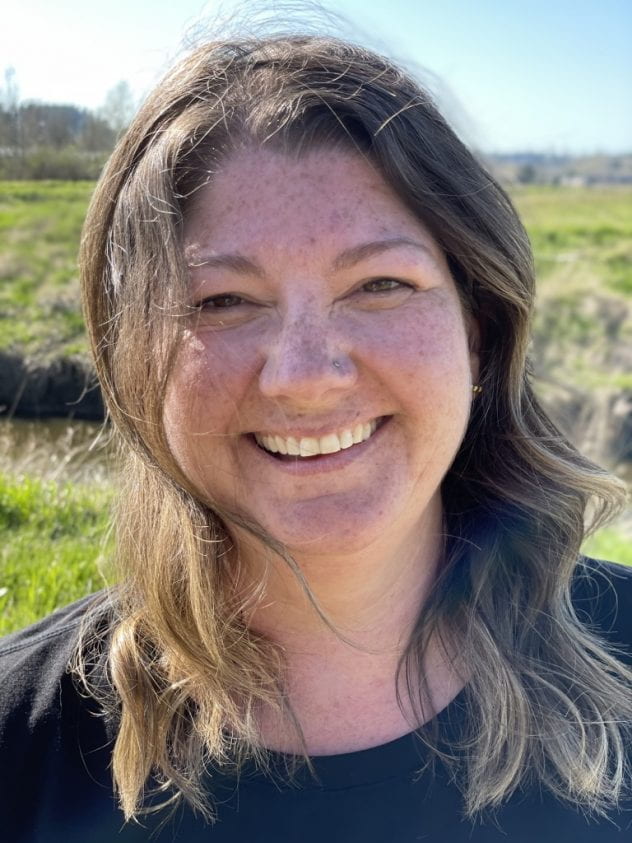
Megan Sandham is a Primary Learning Coordinator in the Delta School District and a Graduate Student in Imaginative Education. She has used The Walking Curriculum since 2019 and now she is using the Walking Forward resource.
One major realization she had while using Walking Forward was shifting from thinking about place not only as the physical space, but also as the language, culture, story, history, and memories; this was the key to make the walks more meaningful. Each walk includes the story of the teachers and gives you an idea of where you can go with the content; each also has an Indigenous Connection.
Megan has done the Feeling Rooted Walk a few times. The students found it interesting to learn different uses of roots and how to collect them without killing the plants. Another interesting conversation came when Megan asked the Grade 2 and 3 students, “What does it mean to be rooted?” The answers included, “Our root is your heart because it connects to your whole body” and “Feeling rooted is a good feeling because people take care of you.”
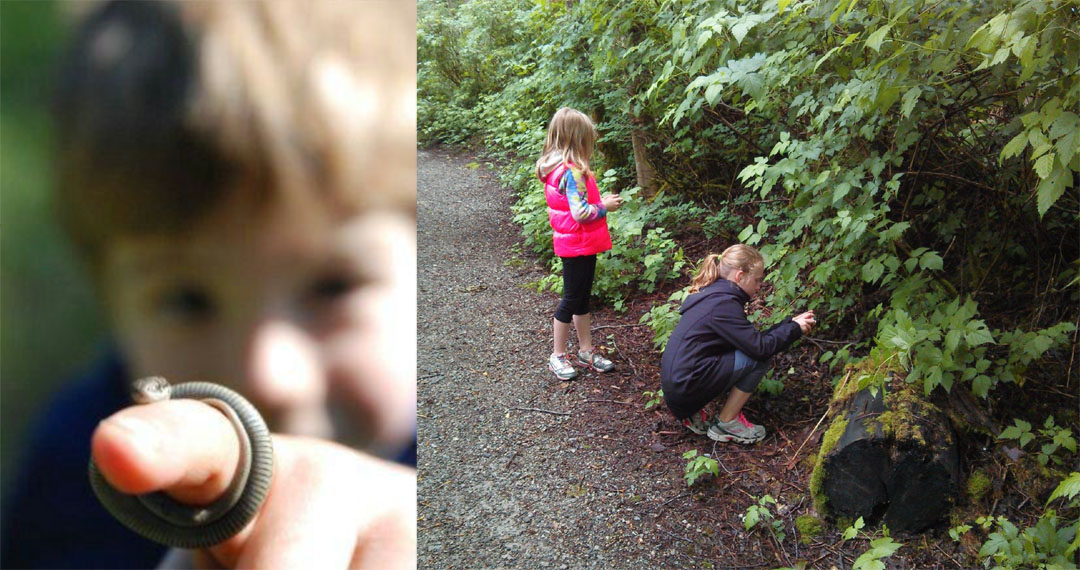
The imaginative and ecological approach to learning attempts to develop emotional connection with places in the natural world. Bringing kids outside more regularly takes time and patience, which is a First Peoples’ Learning Principle.
These resources support outdoor learning for K-12 students, and help facilitate conversations and activities that educators can do for meaningful play and learning.
Breakout Groups
The attendees were invited to share their personal experience : how they connect their learners to the land with walking or how with their imagination they bring First Peoples Principles of Learning and honor Indigenous knowledge in their outdoor education.
At the end, they were also invited to share some resources to deepen their outdoor education, and meet the needs of all of our learners by infusing indigenous knowledge into the practices!
Resources
- Walking Forward: Learning from Place
- The Walking Curriculum
- Imagine Ed
- Environmental Educators Provincial Specialist Association
- Classrooms to Communities (C2C) Education Network
- Farm to Cafeteria Canada Land-Based Learning Resources
- Farm to School BC Learning from the Land Toolkit
- Q’wemtsín Health Society’s Indigenous Food Sovereignty Video Series
- Outdoor Learning Store – Indigenous Learning


